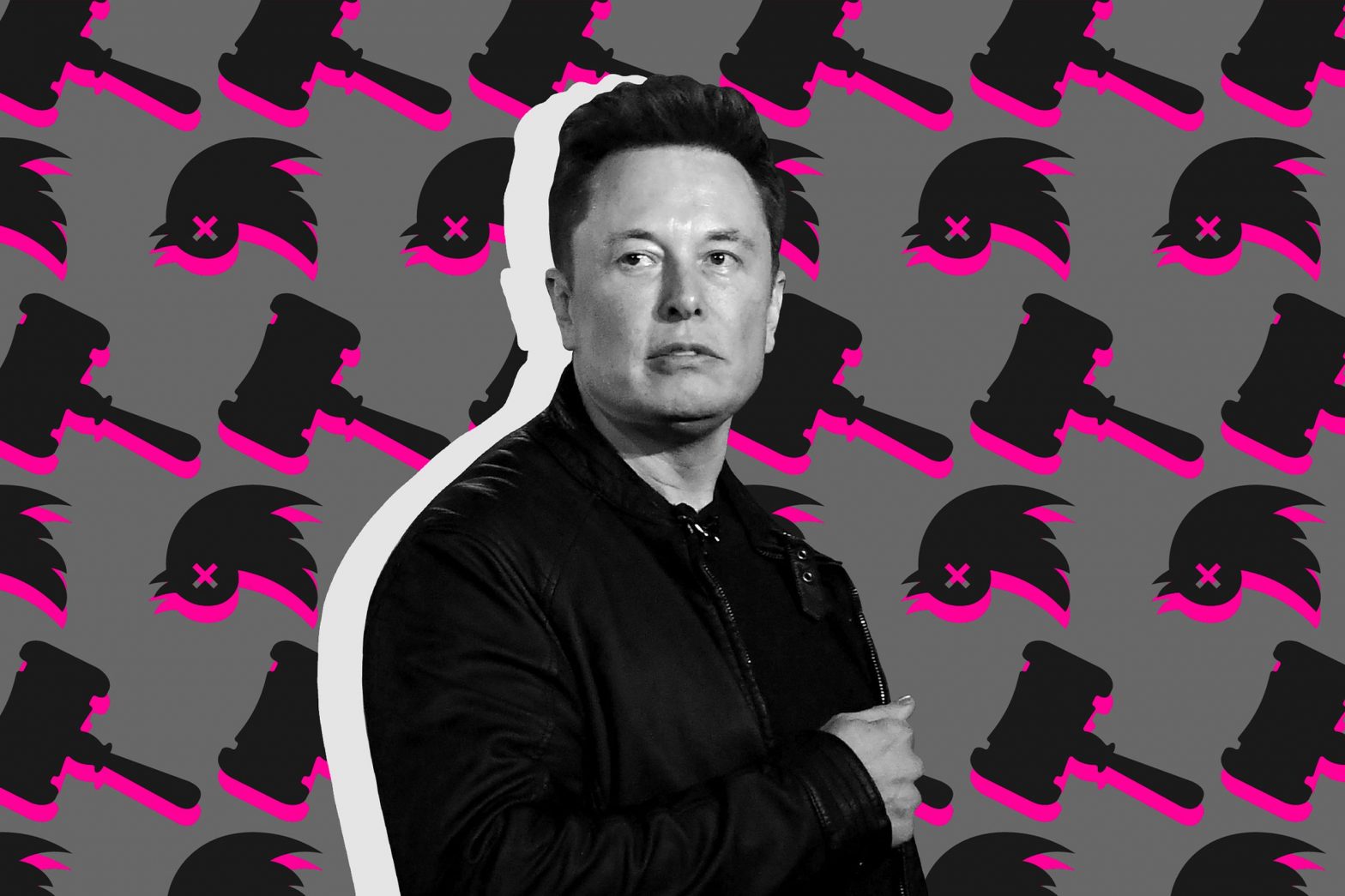/
Musk argued that a consent decree with the SEC violated his First Amendment rights, but the Supreme Court declined to hear the case.
Share this story
:format(webp)/cdn.vox-cdn.com/uploads/chorus_asset/file/24090213/STK171_VRG_Illo_5_Normand_ElonMusk_05.jpg)
Elon Musk’s efforts to nullify a settlement with the Securities and Exchange Commission that requires him to get a lawyer’s preapproval for some posts related to Tesla has been rejected by the US Supreme Court.
Musk has been required to receive approval from his so-called “Twitter sitter” after signing a consent decree with the SEC in 2018 in response to his tweets about taking Tesla private, in which he falsely stated to have “funding secured.”
But ever since agreeing to the settlement, Musk has been trying to wriggle his way out of the consent decree that he have a lawyer review posts that could have a material impact on Tesla before publishing them. Moreover, if the Twitter sitter does indeed exist, no one has stepped forward to claim the job. Tesla has declined to identify the person. And Bloomberg’s Dana Hull, who has been investigating the Twitter sitter for years, has yet to turn up a name.
Last year, a federal appeals court rejected Musk’s bid to toss or modify the settlement. Musk’s lawyers appealed the decision to the Supreme Court, arguing it violated their client’s free speech rights. But today, the court declined to take up the case, leaving the lower court’s ruling in place.
The federal appeals court found that the SEC has only investigated three of his past tweets: the infamous 2018 “funding secured” tweet that subsequently resulted in the consent decree, a $40 million fine, and Musk losing the chairmanship of Tesla; and two other tweets, one that contained misleading information about Tesla’s vehicle production and the other regarding a poll proposing Musk sell 10 percent of his Tesla stock.
